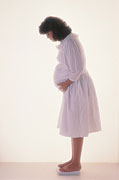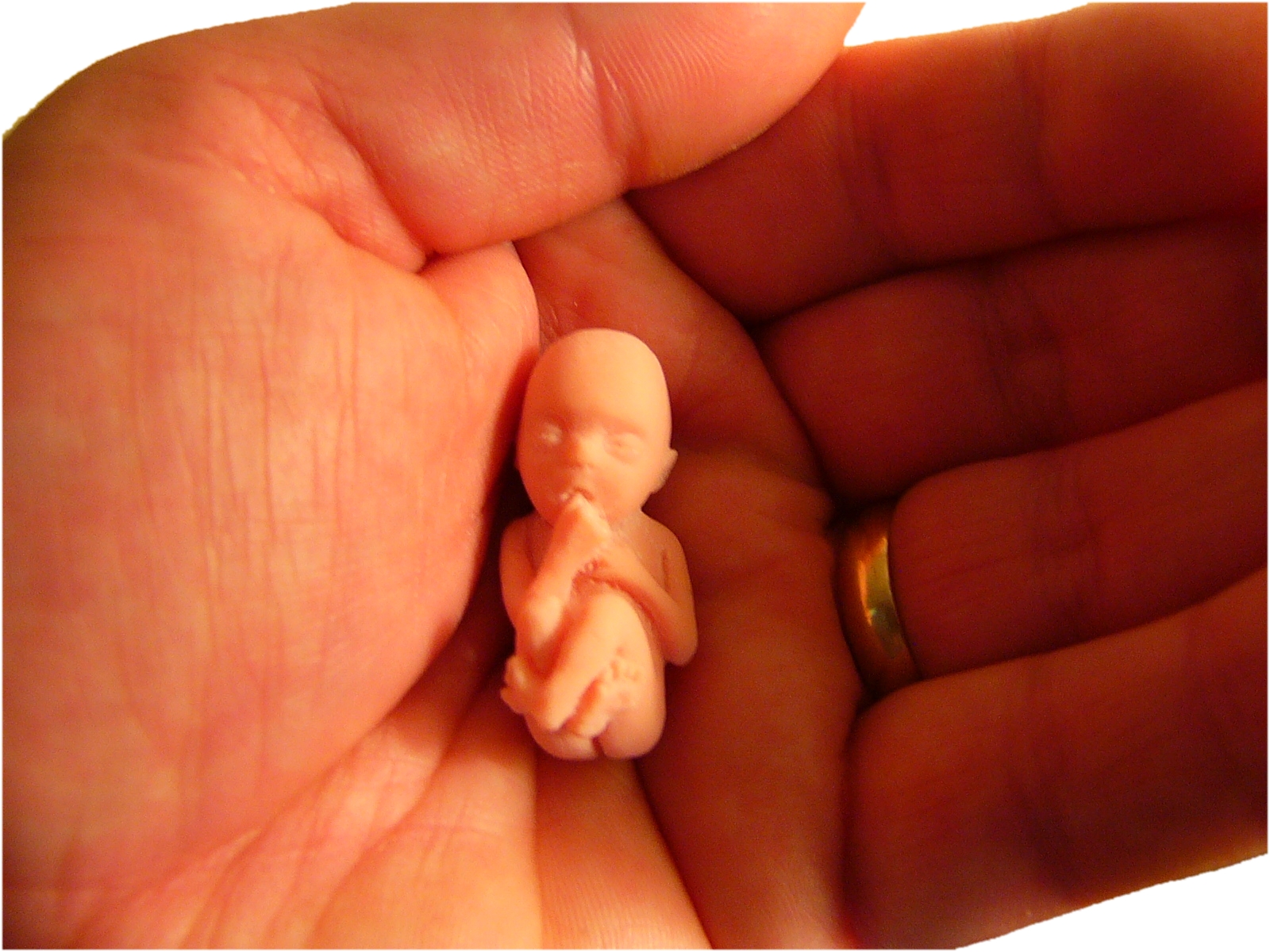
TUESDAY, Dec. 9, 2014 (HealthDay News) — Women’s fears that pregnancy pounds will linger are validated by new research that suggests three-quarters of new mothers are heavier a year after giving birth than they were before becoming pregnant.
Analyzing data from nearly 800 low-income women, researchers also found that one-third of those of normal weight before pregnancy became overweight or obese one year after childbirth. Nearly one-quarter of all new mothers had retained more than 20 extra pounds.
“This unfortunately showed that pregnancy itself is leading to obesity or [being] overweight for a substantial number of women,” said study author Dr. Loraine Endres, an assistant clinical professor of obstetrics and gynecology at the University of Chicago.
“It’s a very important issue,” she added. “We all see the rising number of obese people in our country and the health consequences that come from that, such as diabetes and high blood pressure. I really wanted to see where this is starting for women and to see if there is any way to turn it around.”
About 35 percent of women older than 20 are obese and another 34 percent are overweight, according to the U.S. Centers for Disease Control and Prevention. A body-mass index (BMI) of 30 or higher is considered obese, while a BMI of 25 to 30 is classified as overweight. BMI is a height-weight ratio that calculates body fat.
Endres and her colleagues collected data from 774 women from five locations in the United States. Participants were interviewed three times by the 12-month mark after childbirth, and height and weight measurements were taken at six and 12 months postpartum.
Women gained an average of 32 pounds while pregnant and were an average of nearly 173 pounds a year after childbirth. About 75 percent were heavier than they were pre-pregnancy, including 47 percent retaining more than 10 pounds.
Factors that seemed to help pregnancy weight loss included breast-feeding and moderate exercise, according to the study.
“The biggest problem is that a large number of women gain too much during pregnancy,” Endres said. “The more you gain, the harder it is to ever lose that weight. From the moment women conceive, as health care providers we need to start talking with them about appropriate weight gain and remaining active.”
Women who become pregnant should also understand that it’s a myth that they’re “eating for two,” she said, and should only consume an extra 300 to 400 calories daily when pregnant if expecting a single baby.
The low-income status of women in the study may have influenced the results, Endres said. These mothers could have found it more difficult to lose weight because of lack of money to join a gym, for example, or may not “even have a safe area in their neighborhood to take a walk,” she said.
Dr. Timothy Hickman, director of reproductive endocrinology and infertility at Houston Methodist Hospital in Texas, said the findings were “exactly what I expected.” But he noted that postpartum exercise and breast-feeding can help women avoid holding onto excess pregnancy pounds.
“You’re not predestined to have this happen,” he said. “Anyone is at risk for [excessive] pregnancy weight gain if you don’t have a specific plan in place. This [research] speaks to getting in the best possible shape before conceiving and developing a plan to lose the weight afterward.”
New mothers’ weight loss efforts might benefit from more frequent health care visits after pregnancy than just the single doctor’s visit routinely offered six weeks after childbirth, Endres said. “Maybe we need to be seeing women more frequently” to help support them through this critical time, she said.
The study was published online Dec. 8 in the journal Obstetrics & Gynecology, in advance of its January 2015 print publication.
More information
The Institute of Medicine offers tips on how to lose weight after pregnancy.
Copyright © 2026 HealthDay. All rights reserved.

